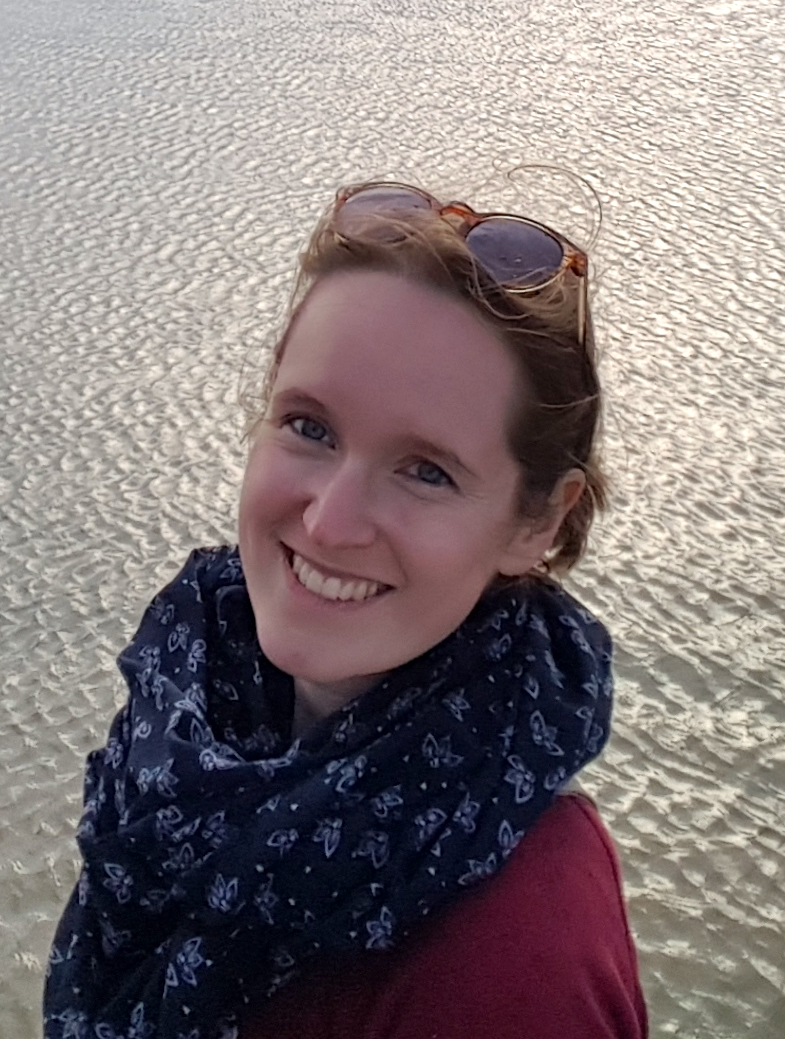Characterization of advanced next-generation hadron therapy fixed-field accelerators¶
Hadron therapy claims its position as the method of choice for an increasing number of clinical indications, and its advantages are established for specific malignancies. However, its adoption is limited by higher costs linked to increased size and complexity compared to X-ray therapy. Future systems aim to deliver the full promise of charged particles, including better dose conformity and a reduction of the integral dose while also reducing the systems' environmental impact. Today's particle accelerators are hindering that evolution. They struggle to simultaneously fulfill critical features required by advanced treatment modalities, such as arc-therapy and beam-scanning intensity-modulated therapy: variable energy beams, high repetition rate (kHz), and pulse-by- pulse intensity variation. CHANGE proposes innovative research on advanced Fixed-Field Alternating Gradient accelerators (FFAGs) to meet these goals. The first FFAGs, so-called "scaling" FFAGs, were disfavored due to their large footprint, while the so-called "non-scaling" FFAGs were envisaged yet faced substantial limitation due to resonance crossing mechanisms leading to beam losses. Multiple ad-hoc attempts were made to overcome these limitations, but a complete framework allowing a generic characterization of these systems is missing. This research aims to extend the FFAG theory to include a study of tune variation and dynamical resonance crossing within a coherent theory. We will consider an active, closed-loop compensation system for the resonant mechanisms. As a novel and innovative ingredient, our research will also cover the genuinely innovative and compact vertical excursion FFAs. The characterization of such an advanced accelerator suitable for the next generation of particle therapy systems via modeling and numerical simulation will be a milestone in this work. A large-scale numerical simulation effort will be carried out.
 Marion Vanwelde
Marion Vanwelde